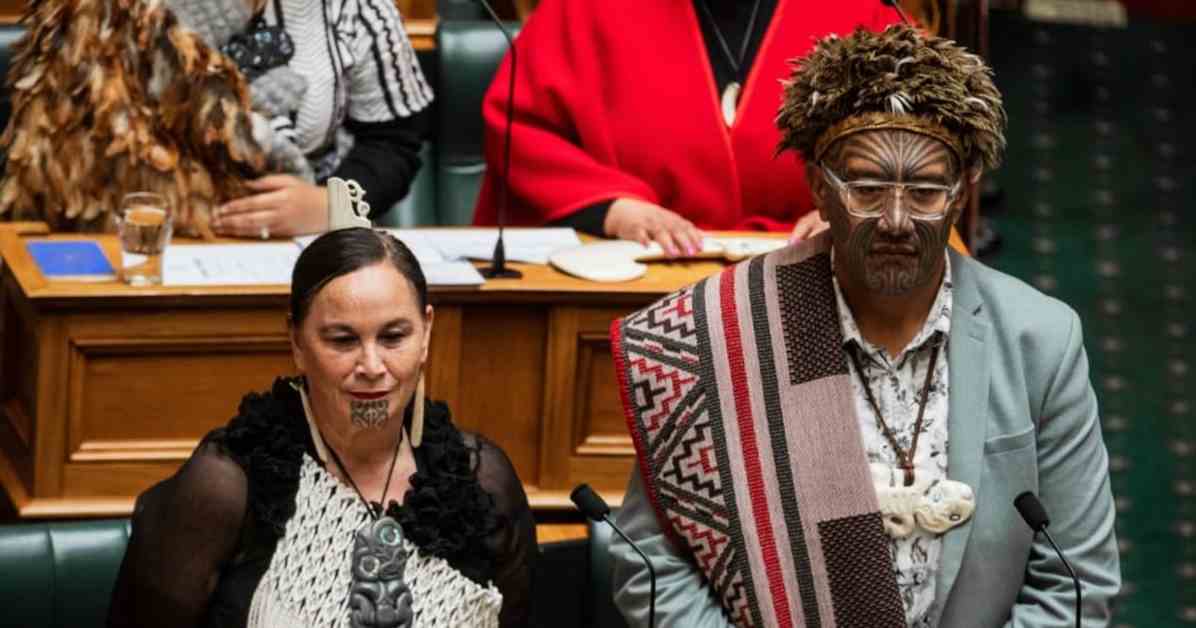Te Pāti Māori has shown solidarity with the indigenous Kanak people in New Caledonia who are fighting against oppressive French occupation. The Kanak community has been facing challenges due to controversial electoral reforms that threaten their independence efforts and marginalize their majority.
In response to the Kanak’s plea for support, Te Pāti Māori stated that they stand with the people of Kanaky in their struggle for independence and against colonization. They emphasized the importance of unity among Pacific nations and highlighted the connection and shared history between Māori and Kanak people.
The recent imposition of a state of emergency in New Caledonia following fatal clashes over electoral roll changes has further escalated tensions in the region. Kanak youth leader, Viro Xulue, expressed concerns about the country’s “recolonization” by France and called for international support, including from Māori, to amplify their voices.
Te Pāti Māori emphasized that the colonization and genocide occurring in the Pacific demand attention and action from all Pacific nations. They stated that true freedom for Aotearoa is interconnected with the liberation of Te Moana-Nui-a-Kiwa, emphasizing the need for solidarity and collective efforts in the region.
In a recent development, French President Emmanuel Macron announced the suspension of the controversial electoral reform that sparked unrest in New Caledonia. Macron expressed a commitment to facilitating local dialogue and addressing the concerns raised by the Kanak community. The decision aims to de-escalate the situation and pave the way for peaceful resolutions through inclusive dialogue.
The response from Te Pāti Māori to the Kanak’s call for support highlights the importance of unity and solidarity among indigenous communities in the Pacific. By standing together and amplifying each other’s voices, they can work towards addressing the challenges of colonization, marginalization, and oppression in the region. The latest developments in New Caledonia indicate a willingness to engage in dialogue and find peaceful solutions to ongoing conflicts, emphasizing the power of collective action and advocacy in advocating for indigenous rights and self-determination.




